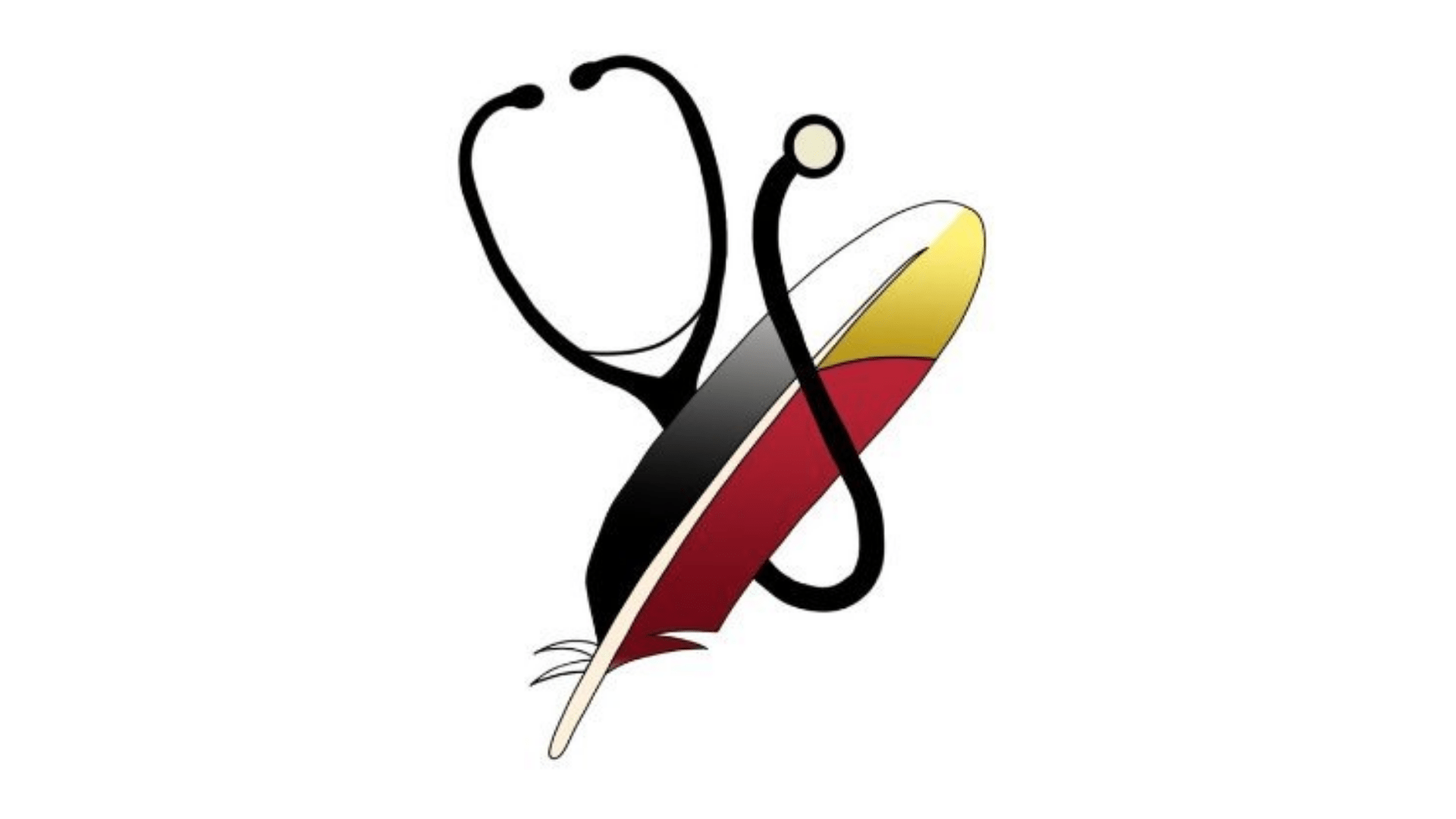Through the years, especially with the turn of the 21st Century, society’s progression and changes are starting to come from the youths leaders. Those who, no matter the age, push for progress; to provide spaces for an array of demographics.
Founded in 2021 by Jesse Lafontaine, a medical student at the University of Alberta, and Jayelle Friesen-Enns, a medical student at the University of Manitoba, the Indigenous Medical Students’ Association of Canada (IMSAC) strives to be a “safe space of peers in medical education to grow & collaborate, much like other BIPOC groups.”
Now representing over 8,000 medical students across the nation, IMSAC strives to build community within Indigenous medical students and increase Indigenous representation overall.
Second-year medical student at Northern Ontario School of Medicine (NOSM) and artist Jamie Thompson was an inaugural member who aided in the IMSAC brand and social media, and is now being elected as the Director of Advocacy and Representation.
In a CBC article, Thompson said, “It’s definitely a passion. Advocacy is something I do throughout the year and this is an even bigger platform. I’m encouraging other Indigenous medical students from NOSM to become members and apply and/or participate in nominations.”
Thompson continued, “I’m hoping to see NOSM students in some of the other roles at Indigenous Medical Students Association of Canada both this year and in the coming years.”
Dr. Marcia Anderson, a Cree-Anishinaabe and vice-dean of the Rady Faculty of Health Sciences at the University of Manitoba, gives her message to the leaders of IMSAC.
“I offer the Indigenous students who led the development of the Indigenous Medical Students Association my congratulations and support,” says Anderson. “This initiative to create an Indigenous-led association that centers the needs of Indigenous learners is important for hearing Indigenous medical student voices, supporting Indigenous medical students and ensuring Indigenous leadership in the many challenges and issues that affect medical students.”
Though IMSAC has just started off, there is no doubt that it will continue to strive and reach new heights. “It’s still in its early stages. But I’m really hoping it to be that student council kind of space for Indigenous students to connect, build community, hear about opportunities and just hopefully do right by that student population,” Thompson explained in the article.
Lafontaine further comments on Thompson’s involvement: “Jamie has been an amazing asset to the IMSAC development team and now our Leadership Circle. She brings so much insight and I continue to learn so much from her throughout our journey to developing IMSAC. She is an incredible advocate for our people and I am looking forward to the amazing things she will do with IMSAC and as a physician in the future.”
Indigenous physician and Director of the Northern Medical Services in Saskatchewan, Dr. Veronica McKinney, expresses, “As an Indigenous student, there are many issues and hurdles that are unique to their experience as opposed to the general medical student population, not the least of which is the racism that they personally may experience as well as what they may witness within the health care system. Added to this is the fact that most Indigenous students are few in number and feel that they have to ‘walk softly’ to avoid any potential of not being allowed to continue in medicine.”
Dr. McKinney says that having a nationwide group composed of other Indigenous students provides the opportunity “to speak openly in a safe space, sharing their experiences and potentially developing strategies to address issues as a collective is very powerful.” They add that it also provides peer support for the students involved.
“There are other student groups at a national level addressing various issues depending on the group so this is a natural progression and in some ways is reflective of the increasing numbers of Indigenous students, which is a real accomplishment,” says Dr. McKinney.




